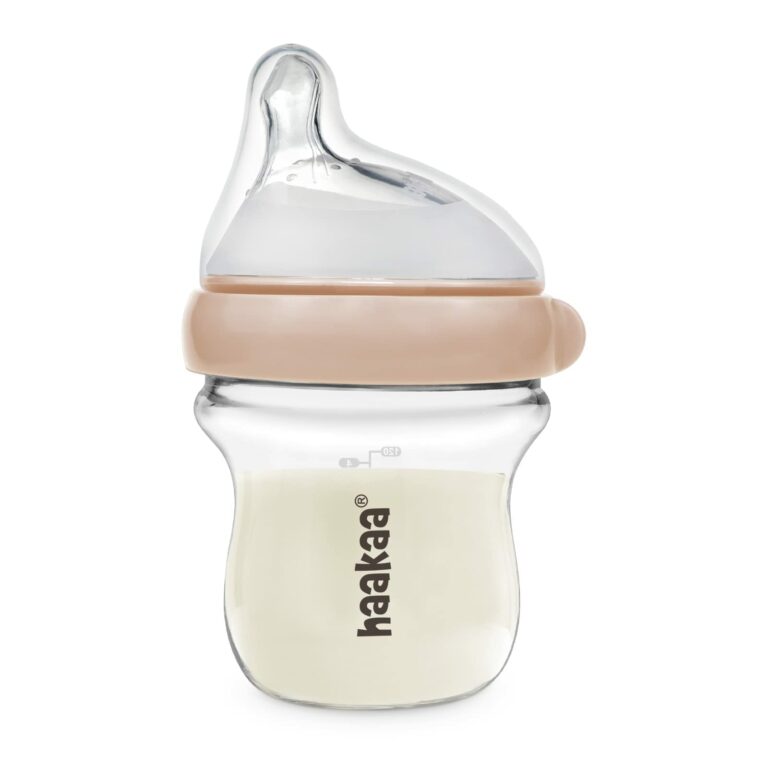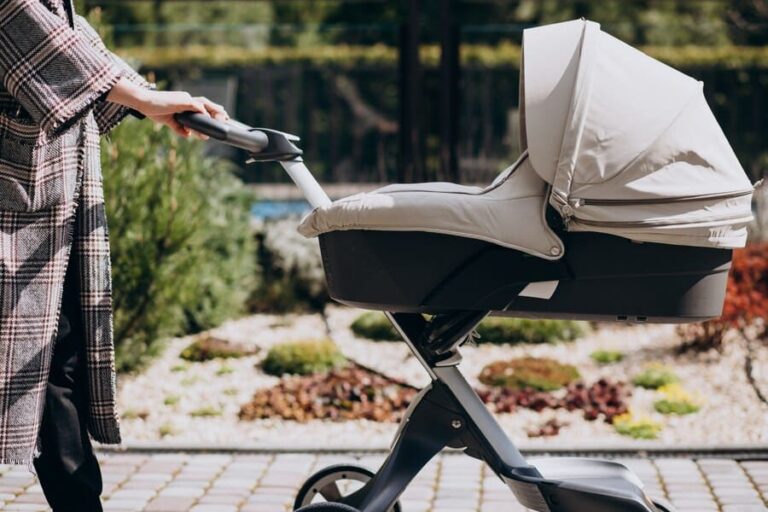
Photo by Miguel Á. Padriñán on Pexels
Are you considering enrolling your child in a Montessori school but unsure about when is the right time to start? Look no further, as we delve into the topic of when to start Montessori education. Montessori is an educational approach that fosters independence, self-directed learning, and a love for exploration. It’s no wonder that many parents are eager to give their children the Montessori experience. But how do you determine the ideal age to begin? In this article, we will explore the factors to consider when deciding when to start Montessori and provide you with valuable insights to make an informed decision for your child’s educational journey.
Key Takeaways
- Age is an important factor when deciding when to start Montessori education for your child.
- Consider your child’s level of independence and ability to engage in age-appropriate tasks independently.
- Montessori classrooms often include mixed-age groups, which can provide opportunities for socialization and learning from peers.
- Consider your child’s learning style and how well it aligns with the hands-on and individualized instruction of Montessori education.
- Montessori education encourages parental involvement and collaboration between parents and teachers.
- Starting Montessori at a young age can provide numerous benefits, such as independent learning, development of essential skills, optimal brain development, social and emotional growth, and a love for learning.
- There is no one-size-fits-all answer to when is the best age to start Montessori. Consider factors like early childhood, brain development, social and emotional growth, and a love for learning.
- Look for signs of readiness in your child, such as curiosity, ability to focus and concentrate, independence, following instructions, social skills and collaboration, and a love for order and organization.
- Ensure a smooth transition to Montessori by gradually introducing your child to the environment, communicating with teachers, fostering independence at home, and creating a consistent routine.
Factors to Consider When Deciding When to Start Montessori
When deciding when to start Montessori education for your child, there are several important factors to consider. Each child is unique and will have different readiness levels for this type of educational approach. By taking these factors into account, you can make an informed decision about the right time for your child to begin their Montessori journey.
1. Age: Montessori programs are typically offered for children starting as young as 18 months and can extend through elementary school. It is important to consider your child’s age and developmental stage when deciding when to start Montessori. While some parents choose to enroll their child in a Montessori program as soon as they reach the minimum age requirement, others may prefer to wait until their child is a bit older and more independent.
2. Independence: Montessori education places a strong emphasis on promoting independence and self-directed learning. Consider your child’s level of independence and ability to engage in age-appropriate tasks independently. If your child already shows signs of independence and curiosity, they may be ready to thrive in a Montessori environment.
3. Socialization: Another important factor to consider is your child’s socialization skills. Montessori classrooms often include mixed-age groups, which can provide opportunities for older children to mentor younger ones and for younger children to learn from their peers. If your child enjoys interacting with others and is comfortable in a group setting, they may benefit from the social dynamics of a Montessori classroom.
4. Learning Style: Montessori education focuses on hands-on learning, self-discovery, and individualized instruction. Consider your child’s learning style and how well it aligns with the Montessori approach. If your child thrives in a structured setting or prefers more traditional teaching methods, a Montessori environment may not be the best fit.
5. Parental Involvement: Montessori education encourages parental involvement and collaboration between parents and teachers. Consider your own availability and willingness to actively participate in your child’s education. If you are committed to working with the school and supporting the Montessori principles at home, it can greatly enhance your child’s experience.
Benefits of Starting Montessori at a Young Age
Starting Montessori education at a young age can provide numerous benefits to your child’s development. Here are some of the advantages of beginning their Montessori journey early:
- Independent learning: Montessori education encourages children to take control of their own learning. By starting at a young age, your child will develop a sense of independence and self-motivation. They will learn to make choices, solve problems, and explore their interests at their own pace.
- Development of essential skills: Montessori classrooms are carefully designed to promote the development of key skills such as critical thinking, problem-solving, and decision-making. When your child starts Montessori education early, they have more time to hone these skills, which will benefit them not only academically but also in real-life situations.
- Optimal brain development: Research has shown that the brain undergoes rapid development during the early years of a child’s life. During this crucial period, Montessori education can provide the right stimulation and environment for optimal brain development. The hands-on and experiential learning activities in Montessori classrooms help strengthen neural connections, enhancing cognitive abilities.
- Social and emotional growth: Montessori education places a strong emphasis on social and emotional development. Early exposure to a Montessori environment allows children to interact with their peers, learn to share, collaborate, and resolve conflicts peacefully. They develop important social skills such as empathy, cooperation, and respect for others, setting a strong foundation for healthy relationships later in life.
- Love for learning: Montessori education fosters a love for learning by presenting knowledge in a hands-on, engaging, and meaningful way. By starting early, your child will develop a natural curiosity and enthusiasm for acquiring knowledge. They will see education as an exciting journey of discovery, leading to a lifelong love for learning.
Remember, every child is unique, and the decision of when to start Montessori education should be based on factors such as age, readiness, and individual needs. However, starting Montessori at a young age can provide your child with a solid foundation for future academic success and personal growth.
When is the Best Age to Start Montessori?
When it comes to deciding when to start Montessori education for your child, there is no one-size-fits-all answer. The best age to start Montessori will vary from child to child, depending on their individual needs and developmental readiness. However, it is generally recommended to start Montessori education at a young age to maximize its benefits.
- Early childhood: The primary aim of Montessori education is to foster independent learning and cultivate essential skills from an early age. Starting Montessori education during the early childhood years, typically between the ages of 2 and 6, allows children to develop a strong foundation in critical skills such as problem-solving, decision-making, and self-discipline.
- Brain development: The first few years of a child’s life are crucial for brain development. During this period, their brains are rapidly forming neural connections and absorbing information from the environment. Montessori education, with its hands-on learning activities and focus on sensorial experiences, can provide optimal stimulation for cognitive development during this critical period.
- Social and emotional growth: Montessori classrooms are designed to provide a nurturing and supportive environment where children can develop important social and emotional skills. Starting Montessori education at a young age allows children to learn how to interact with their peers, develop empathy, and build strong relationships. These social and emotional skills form the foundation for positive social interactions later in life.
- Love for learning: Montessori education fosters a love for learning by allowing children to explore their interests and learn at their own pace. Starting Montessori at a young age exposes children to a stimulating and engaging learning environment that instills a natural curiosity and eagerness to discover the world around them.
It’s important to consider your child’s unique characteristics, personality, and developmental readiness when deciding when to start Montessori education. Discuss with Montessori educators and observe your child’s readiness for independent learning and structured activities. By starting Montessori education at the right age, you can provide your child with a solid foundation for future academic success and personal growth.
Readiness Signs to Look for Before Starting Montessori
Before enrolling your child in a Montessori program, it’s important to consider their readiness for this unique educational approach. Montessori education focuses on fostering independence, self-discipline, and a love for learning. To ensure a smooth transition into the Montessori environment, here are some signs of readiness to look for in your child:
- Curiosity and Interest in Learning: A child who demonstrates a natural curiosity and eagerness to explore their surroundings is likely ready for Montessori education. They should show an interest in learning new things and have a desire to discover and investigate.
- Ability to Focus and Concentrate: Montessori classrooms provide a structured yet flexible learning environment that requires concentration. Look for signs that your child can concentrate on a task for a reasonable period of time without getting easily distracted.
- Independence and Self-Help Skills: Montessori encourages independence and self-reliance. Your child should show signs of being able to complete basic self-help tasks, such as dressing themselves, using the toilet independently, and feeding themselves.
- Ability to Follow Instructions: In a Montessori classroom, children are given tasks and activities to complete independently. Your child should demonstrate the ability to follow simple instructions and carry out tasks on their own.
- Social Skills and Collaboration: Montessori emphasizes collaboration and the development of social skills. Look for signs that your child can interact positively with peers, take turns, and engage in cooperative play.
- Love for Order and Organization: Montessori classrooms are designed to be orderly and organized, with materials displayed in a purposeful manner. If your child shows a preference for order, enjoys arranging objects, and tidying up, they may thrive in a Montessori environment.
Remember, every child develops at their own pace, so it’s essential to consider their individual needs and characteristics when determining their readiness for Montessori education. Keep an open line of communication with the Montessori school you are considering, as they can provide guidance and support in making this decision. By looking for these readiness signs, you can ensure that your child is primed for success in a Montessori environment.
Transitioning to Montessori: Tips for a Smooth Start
Once you have decided to start your child in a Montessori program, it’s important to ensure a smooth transition. Taking a proactive approach can help your child adjust easily to the new environment and make the most out of their Montessori education. Here are some tips to consider:
- Start with a gradual transition: Introduce your child to the Montessori setting gradually, especially if they have never experienced a structured learning environment before. Some Montessori schools offer transition programs where children can attend for a few hours initially and gradually increase their time at school. This helps them get used to the new routines, interact with classmates, and gain confidence in the Montessori environment.
- Communicate with the teachers: Establish open and regular communication with your child’s Montessori teachers. They have extensive experience working with children of different ages and can offer valuable insights into your child’s progress. Stay in touch via email, phone, or in-person meetings to discuss any concerns or questions you may have.
- Foster independence at home: Montessori education emphasizes independence and self-discipline. Encourage your child to practice self-help skills at home, such as dressing themselves, cleaning up after playtime, and preparing simple snacks. This will not only help them thrive in the Montessori classroom but also instill a sense of responsibility and pride in their abilities.
- Create a consistent routine: Establishing a consistent routine at home can help your child feel secure and ready for school. Set regular bedtimes, meal times, and play times to create a sense of structure and predictability. This will also align with the daily routines observed in the Montessori classroom, making it easier for your child to adapt.
Remember, every child is unique, and their transition to Montessori education may vary. Stay positive and supportive throughout this process. Your child will benefit from your enthusiasm and encouragement. By implementing these tips, you can ensure a smooth start for your child’s Montessori journey.
Conclusion
Starting your child’s Montessori education at a young age can have numerous benefits for their development. By fostering independence, self-discipline, and a love for learning, Montessori education sets a solid foundation for their future academic success.
Before enrolling your child in a Montessori program, it’s important to consider signs of readiness, such as their ability to follow simple instructions, their curiosity and eagerness to explore, and their ability to engage in independent play.
To ensure a smooth transition into a Montessori program, it’s recommended to start with a gradual transition, allowing your child to become familiar with the new environment and routines. Effective communication with teachers is crucial, as they can provide guidance and support during this transition period.
Additionally, fostering independence at home and creating a consistent routine can help your child adjust more easily to the Montessori approach. Remember, every child is unique, and their transition experience may vary. However, by implementing these tips, you can lay the groundwork for a successful Montessori journey for your child.
Frequently Asked Questions
Q: What are the benefits of starting Montessori education at a young age?
A: Starting Montessori education at a young age fosters independence, self-discipline, and a love for learning. It provides a nurturing environment that encourages a child’s natural curiosity and allows them to develop at their own pace.
Q: How do I know if my child is ready for Montessori education?
A: Look for signs of readiness such as your child’s ability to follow simple instructions, engage in independent play, and show an interest in learning activities. Observing their ability to concentrate and work with materials independently can also indicate readiness.
Q: How can I ensure a smooth transition into a Montessori program?
A: Start with a gradual transition, allowing your child to visit the classroom and meet the teachers beforehand. Communicate with the teachers about your child’s interests, routines, and any concerns. Foster independence at home by encouraging your child to dress and feed themselves. Establish a consistent routine to help them adjust to the new environment.
Q: Will every child have the same transition experience when starting Montessori?
A: Every child is unique, so their transition experience may vary. Some might adapt quickly, while others may take more time to adjust. It is important to be patient and provide support during this period of change. Following the tips for a smooth transition can help ensure a positive start to your child’s Montessori journey.






